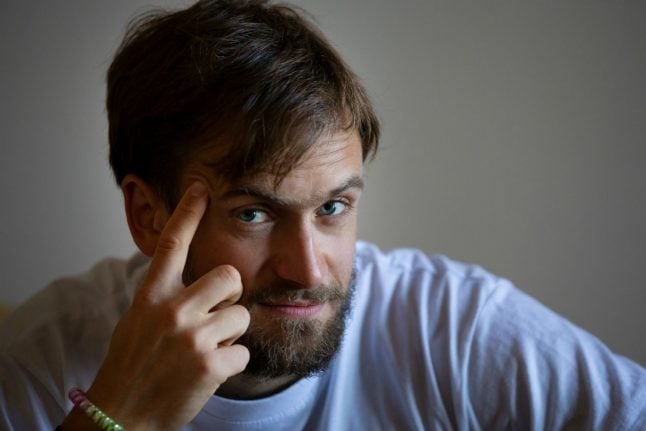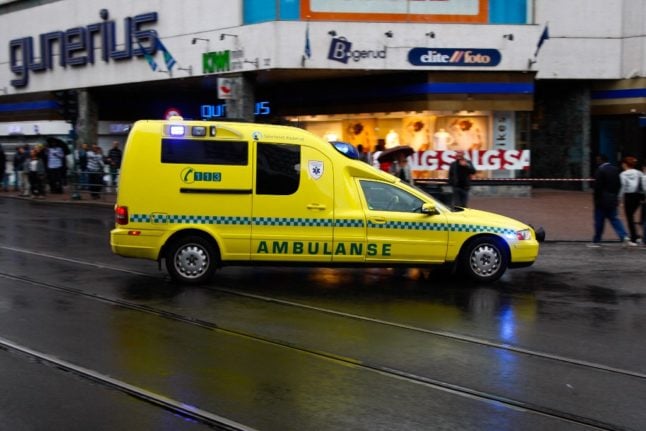Speaking from a Berlin hospital Pyotr Verzilov, who has both Canadian and Russian citizenship, told German daily Bild that he believed it was likely it was Russia's GRU military intelligence agency that attacked him.
“The poisoning was so professional that I can't draw any other conclusion,” Verzilov, 30, was quoted as saying.
“It is possible they tried out a new poison cocktail on me because my poisoning took a different course than others: it didn't take several days before I noticed something but rather was acute right away.”
Verzilov was admitted to a clinic in Moscow earlier this month with symptoms including vision loss and disorientation.
He was later flown to Germany and admitted to Berlin's Charite hospital. Doctors there have said Verzilov might have been poisoned by a toxin that disrupts the nervous system.
Verzilov and other Pussy Riot members served a 15-day jail sentence for invading the football pitch during the World Cup final in July to highlight Russian police abuses.
Pussy Riot has linked Verzilov's suspected poisoning with his attempt to investigate the deaths of three Russian journalists in Central African Republic (CAR) in July – a theory he repeated to Bild.
The journalists were shot dead in CAR while probing a shadowy Russian mercenary group for a project founded by President Vladimir Putin's foe Mikhail Khodorkovsky.
Bild said Verzilov had been close to one of the reporters and was only kept from joining the three in Central African Republic because he had to serve jail time for the World Cup stunt.
“I wanted to and still want to investigate what happened with the three journalists,” he said.
“That could be the reason why the secret service wanted to poison me. I consider it to be a more likely motive than the World Cup demonstration.”
Verzilov told Bild he hoped to be released from the Berlin hospital “as soon as possible”.
“And I want to return to Russia,” he said.



 Please whitelist us to continue reading.
Please whitelist us to continue reading.
Member comments